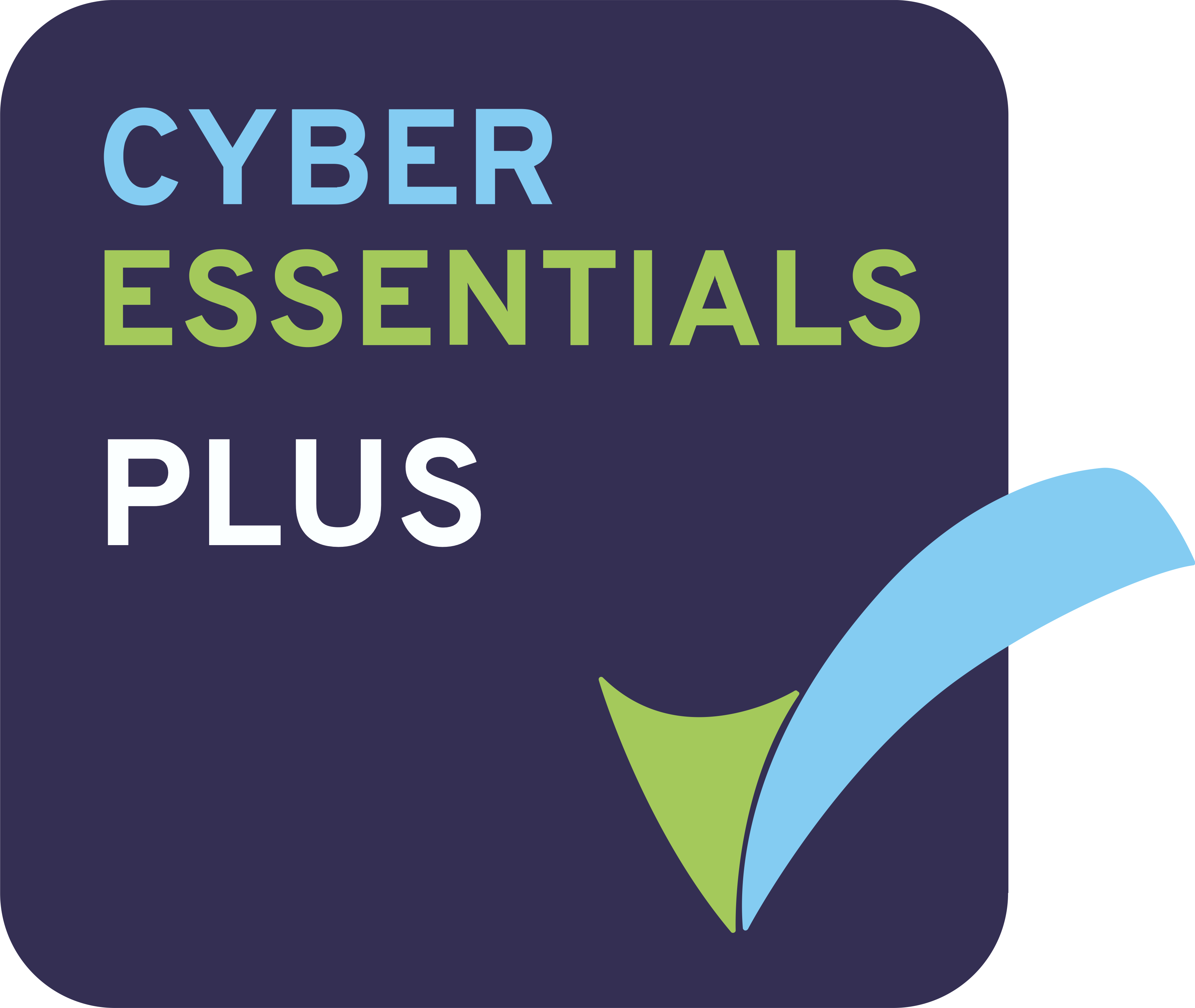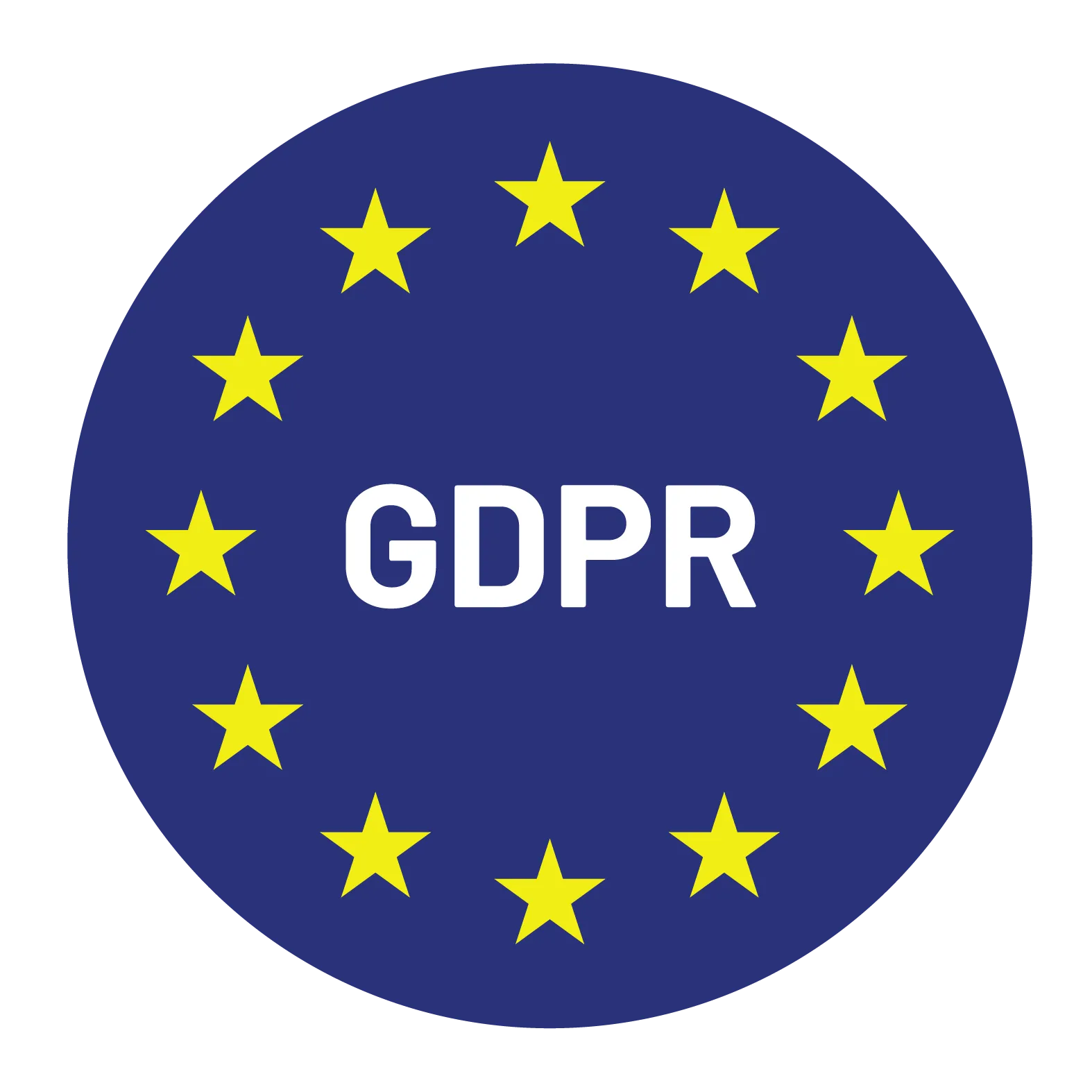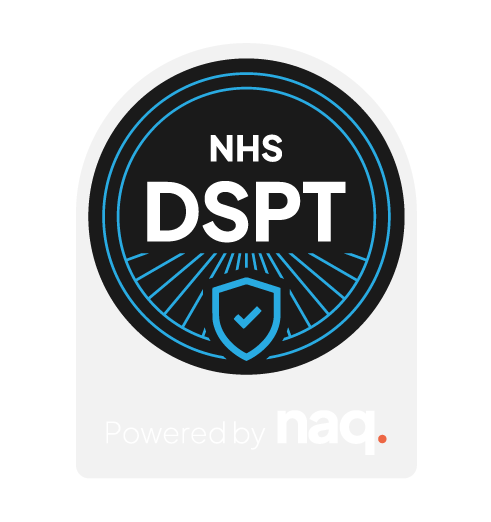DESCRIPTION
A breakdown of the real risks children's homes face from poor record-keeping — including compliance failures, safeguarding issues, and burnout — and how digital systems like OVcare can help close the gaps.
When
May 2025
Who
Paula Martinez

In children’s residential care, record-keeping isn’t just a formality — it’s a legal, ethical, and operational necessity. Yet across the sector, many homes still depend on outdated or fragmented systems, juggling paper files, spreadsheets, and manual logs to stay on top of critical information. While this might seem manageable day to day, the long-term consequences can be serious.
Poor record-keeping affects more than just paperwork. It puts children’s safety, staff wellbeing, and organisational reputation at risk. This article explores the hidden costs that providers may not notice until it’s too late — and how a digital system like OVcare can help prevent problems before they start.
1. Risking Regulatory Non-Compliance
Ofsted inspections focus heavily on the accuracy and accessibility of documentation. Whether it’s daily logs, care plans, risk assessments, or serious incident reports, inspectors expect to see clear evidence that the home is meeting its obligations under the 9 Quality Standards.
What’s the cost?
If a home cannot produce the right records or if documentation is incomplete or inconsistent, it may receive a poor inspection rating. This can lead to reputational damage, increased scrutiny, restrictions on placements, or even closure. Worse, it can raise doubts about the home’s ability to keep children safe.
2. Increased Safeguarding Vulnerabilities
iInadequate documentation creates gaps in a child’s story — gaps that may conceal patterns of risk or signs of trauma. Without reliable records, early warning signs might be missed, and key incidents can go unreported or unaddressed.
What’s the cost?
A safeguarding failure can have devastating consequences. Even if staff acted appropriately, a lack of documentation can lead to allegations, investigations, or legal action. In high-pressure environments, reliable records are essential protection for both children and staff.
3. Wasted Time and Duplication
When staff must record the same information in multiple places or hunt through emails and files for updates, it leads to unnecessary admin burden. In many homes, valuable time is spent on duplicating work rather than directly supporting children.
What’s the cost?
Burnout among residential care workers is a growing problem, and inefficient admin is a contributing factor. Time spent on repetitive tasks is time taken away from building relationships, resolving issues, and providing care.
4. Poor Visibility and Decision-Making
Leadership teams need quick access to accurate information to make informed decisions. Whether it’s allocating staff, responding to a concern, or planning training, fragmented or outdated records lead to reactive, rather than proactive, leadership.
What’s the cost?
Without full visibility, issues can escalate without intervention. Missed reviews, overdue assessments, or unmonitored incidents can result in operational failures and lost trust among stakeholders.
5. Fragmented Team Communication
Shift handovers, emergency responses, and multidisciplinary coordination all rely on shared understanding. If key information is siloed in individual notes, emails, or disconnected files, it becomes difficult for teams to stay aligned.
What’s the cost?
When communication breaks down, mistakes happen. Medication might be missed, incidents misunderstood, or interventions delayed — all of which directly impact children’s safety and staff confidence.
How OVcare Helps Close the Gaps
OVcare brings together all aspects of care home management in one secure, intuitive platform. It allows staff to log incidents, track outcomes, update care plans, and manage tasks in real time — without duplicating work or missing information.
Features like automatic alerts, audit trails, and smart dashboards help teams stay on top of compliance while keeping the focus on children’s needs. Everything is backed by role-based access, ensuring the right information reaches the right people at the right time.With OVcare, your team isn’t just better informed — they’re better protected.
Conclusion
In the day-to-day busyness of residential care, record-keeping can sometimes feel secondary. But when it’s neglected or inconsistent, the costs quickly stack up — from missed inspections and safeguarding risks to staff burnout and financial inefficiencies.
By investing in digital record-keeping systems, homes can ensure they are not just meeting regulatory expectations but building a stronger, safer, and more sustainable service. For providers who want to protect their staff, meet their responsibilities, and put children’s wellbeing first, this is not a luxury — it’s a necessity.
Poor record-keeping affects more than just paperwork. It puts children’s safety, staff wellbeing, and organisational reputation at risk. This article explores the hidden costs that providers may not notice until it’s too late — and how a digital system like OVcare can help prevent problems before they start.
1. Risking Regulatory Non-Compliance
Ofsted inspections focus heavily on the accuracy and accessibility of documentation. Whether it’s daily logs, care plans, risk assessments, or serious incident reports, inspectors expect to see clear evidence that the home is meeting its obligations under the 9 Quality Standards.
What’s the cost?
If a home cannot produce the right records or if documentation is incomplete or inconsistent, it may receive a poor inspection rating. This can lead to reputational damage, increased scrutiny, restrictions on placements, or even closure. Worse, it can raise doubts about the home’s ability to keep children safe.
2. Increased Safeguarding Vulnerabilities
iInadequate documentation creates gaps in a child’s story — gaps that may conceal patterns of risk or signs of trauma. Without reliable records, early warning signs might be missed, and key incidents can go unreported or unaddressed.
What’s the cost?
A safeguarding failure can have devastating consequences. Even if staff acted appropriately, a lack of documentation can lead to allegations, investigations, or legal action. In high-pressure environments, reliable records are essential protection for both children and staff.
3. Wasted Time and Duplication
When staff must record the same information in multiple places or hunt through emails and files for updates, it leads to unnecessary admin burden. In many homes, valuable time is spent on duplicating work rather than directly supporting children.
What’s the cost?
Burnout among residential care workers is a growing problem, and inefficient admin is a contributing factor. Time spent on repetitive tasks is time taken away from building relationships, resolving issues, and providing care.
4. Poor Visibility and Decision-Making
Leadership teams need quick access to accurate information to make informed decisions. Whether it’s allocating staff, responding to a concern, or planning training, fragmented or outdated records lead to reactive, rather than proactive, leadership.
What’s the cost?
Without full visibility, issues can escalate without intervention. Missed reviews, overdue assessments, or unmonitored incidents can result in operational failures and lost trust among stakeholders.
5. Fragmented Team Communication
Shift handovers, emergency responses, and multidisciplinary coordination all rely on shared understanding. If key information is siloed in individual notes, emails, or disconnected files, it becomes difficult for teams to stay aligned.
What’s the cost?
When communication breaks down, mistakes happen. Medication might be missed, incidents misunderstood, or interventions delayed — all of which directly impact children’s safety and staff confidence.
How OVcare Helps Close the Gaps
OVcare brings together all aspects of care home management in one secure, intuitive platform. It allows staff to log incidents, track outcomes, update care plans, and manage tasks in real time — without duplicating work or missing information.
Features like automatic alerts, audit trails, and smart dashboards help teams stay on top of compliance while keeping the focus on children’s needs. Everything is backed by role-based access, ensuring the right information reaches the right people at the right time.With OVcare, your team isn’t just better informed — they’re better protected.
Conclusion
In the day-to-day busyness of residential care, record-keeping can sometimes feel secondary. But when it’s neglected or inconsistent, the costs quickly stack up — from missed inspections and safeguarding risks to staff burnout and financial inefficiencies.
By investing in digital record-keeping systems, homes can ensure they are not just meeting regulatory expectations but building a stronger, safer, and more sustainable service. For providers who want to protect their staff, meet their responsibilities, and put children’s wellbeing first, this is not a luxury — it’s a necessity.



